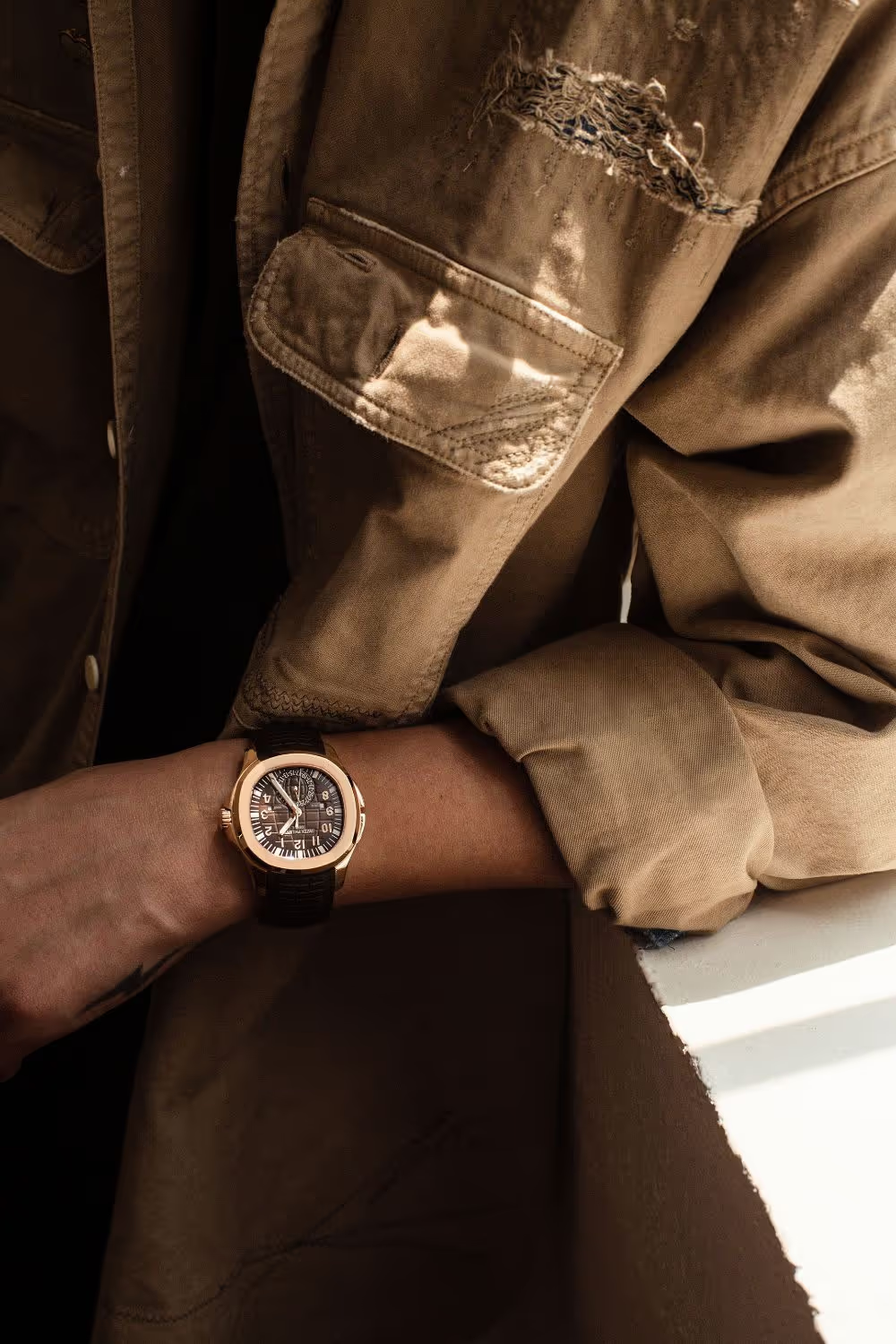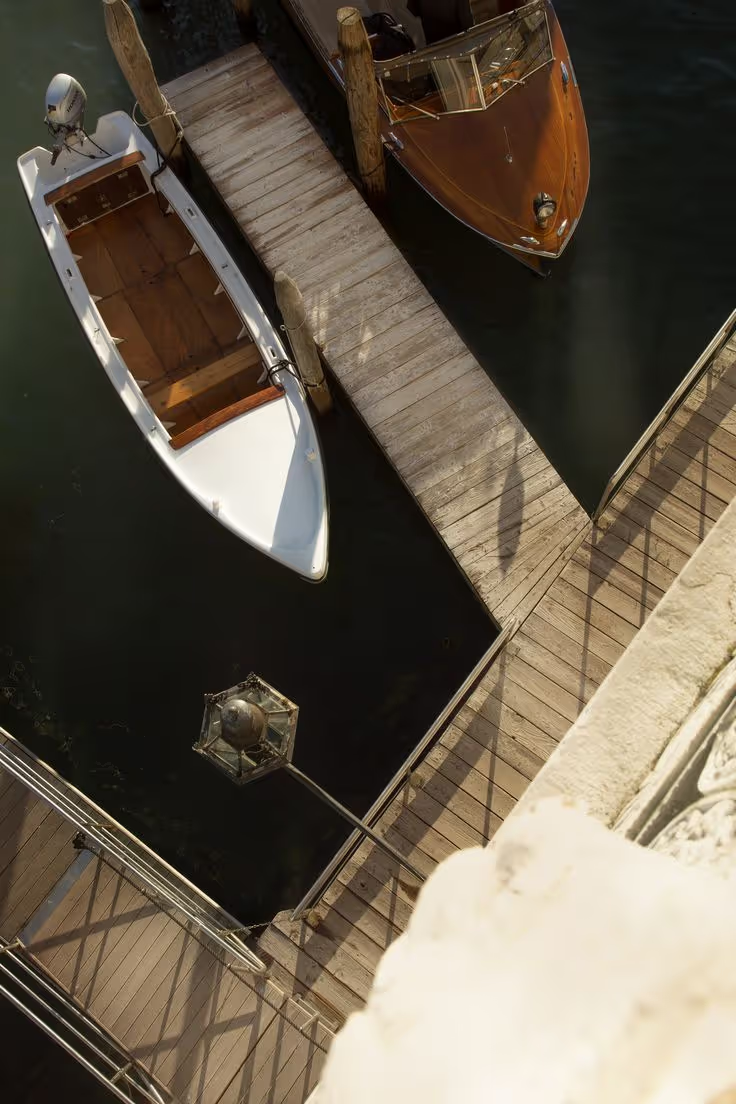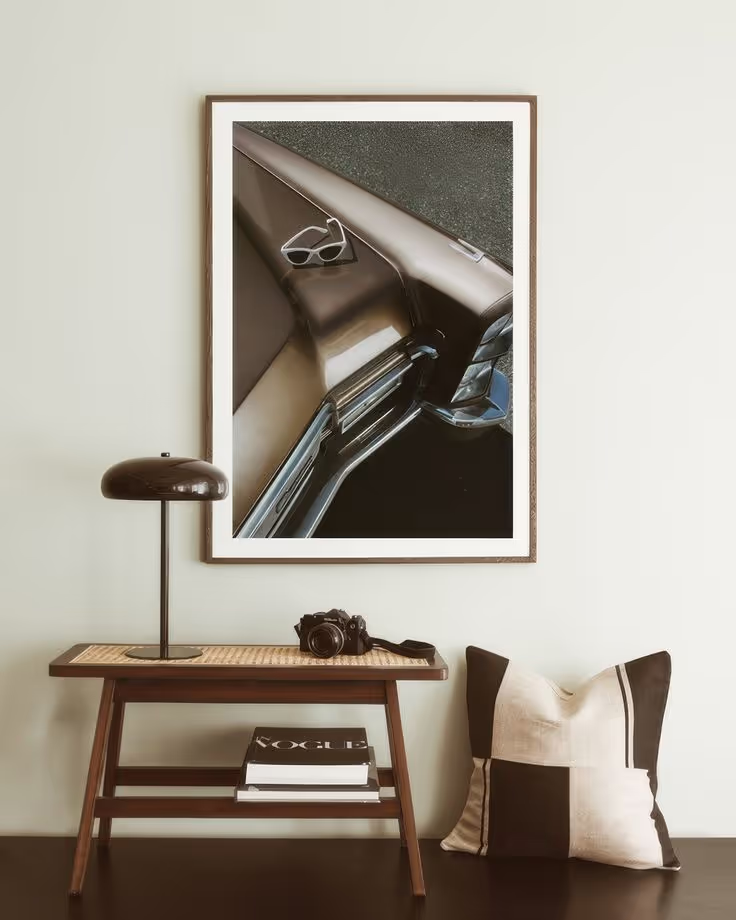Pharrell Williams Advocates for the Return of Arts Competitions in the Olympics by 2028
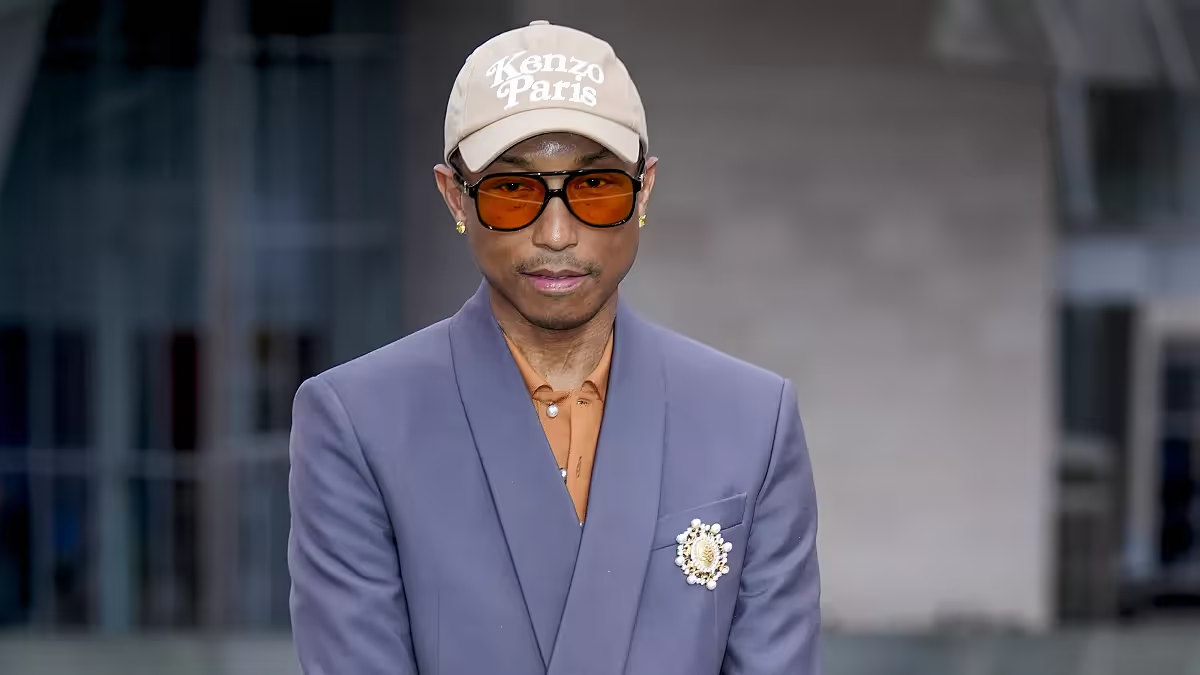
Art has always played a significant role in the Olympics. From ancient Greece to the modern era, artistic expression has been intertwined with the spirit of the Games. However, over the years, the focus on arts competitions has waned. Pharrell Williams, the renowned musician and advocate for artistic diversity, aims to reignite this flame and restore the historical tradition of arts in the Olympics.Speaking passionately before the event, he said, “The Olympics once had arts competitions. Sculpture, architecture, visual arts. Let’s remind everyone of that legacy and seize this moment to bring awareness.”https://www.youtube.com/watch?time_continue=1&v=k3ZLEDFg3pI&embeds_referring_euri=https%3A%2F%2Fwww.google.com%2Fsearch%3Fq%3Dphareell%2Bwilliams%2Bolympics%26oq%3Dphareell%2Bwilliams%2Bolympics%26gs_lcrp%3DEgZjaHJvbWUyBggAEEUYOTIJCAEQABg&source_ve_path=MjM4NTE
The Historical Significance of Arts in the Olympics
The inclusion of arts in the Olympics dates back to the ancient times. In fact, the original Olympic Games in ancient Greece encompassed various art forms such as music, poetry, sculpture, and painting. These competitions were held alongside athletic events, highlighting the importance of both physical prowess and artistic expression in Greek society.Artists and athletes alike gathered in Olympia to showcase their skills and talents, with the belief that honouring the gods through art was just as important as physical competition. The melding of arts and sports was a reflection of the holistic approach to well-rounded development that the ancient Greeks valued.
The Original Olympic Arts Competitions
In ancient Greece, artistic competitions were seen as an integral part of the Olympic Games. Musicians, poets, and artists showcased their talents to honour the gods and celebrate the human spirit. These events fostered a sense of unity and cultural exchange among different city-states, solidifying the notion that creativity and athletic excellence are intertwined.Poets recited epic verses, musicians played stirring melodies, and sculptors crafted masterpieces that captured the essence of the human form. These artistic displays not only entertained spectators but also served as a means of storytelling and cultural preservation.
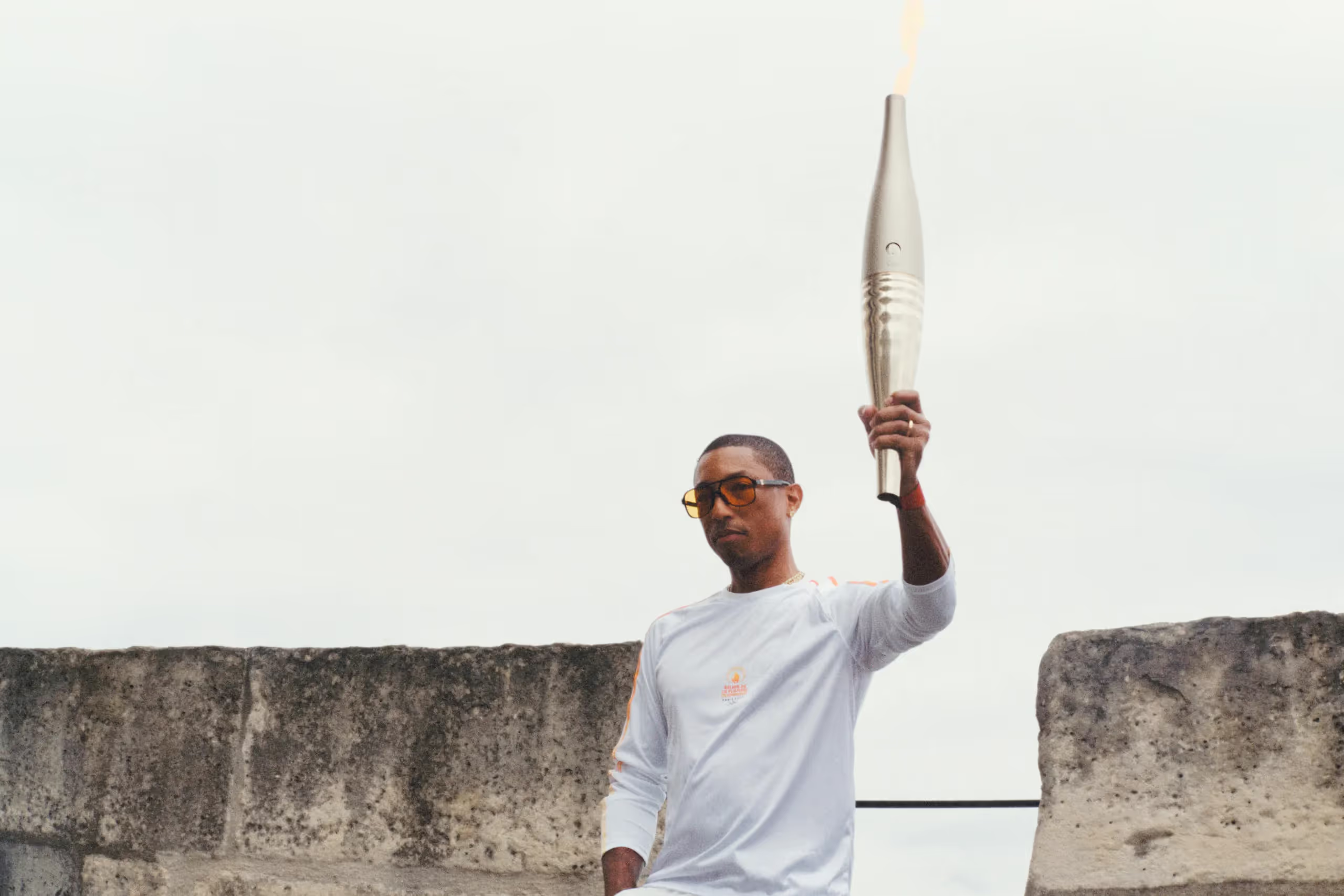
The Discontinuation of Arts in the Olympics
Despite their historical significance, arts competitions were gradually phased out in the early 20th century. The rise of professionalism in sports overshadowed the artistic aspect of the Games. The focus shifted solely towards athletic achievements, leaving little room for cultural representation and creative expression.While the emphasis on physical prowess remains a core aspect of the modern Olympics, there have been calls to reintroduce art back into the Games. Advocates argue that incorporating artistic competitions can provide a platform for cultural exchange and creative exploration, enriching the Olympic experience for participants and spectators alike.
Pharrell's Passion for the Arts and Sports
Pharrell Williams, the Grammy-winning artist known for his boundary-pushing music and fashion, remains deeply committed to both the arts and sports. Pharrell's extraordinary talent spans across multiple creative disciplines, making him a true advocate for the power of artistic diversity.Pharrell's passion for the arts goes beyond just music and fashion. He is a firm believer in the transformative power of creativity and self-expression in all its forms. From painting to sculpture, Pharrell's artistic endeavors know no bounds, and he continues to push the envelope in exploring new mediums and techniques to convey his unique perspective on the world.
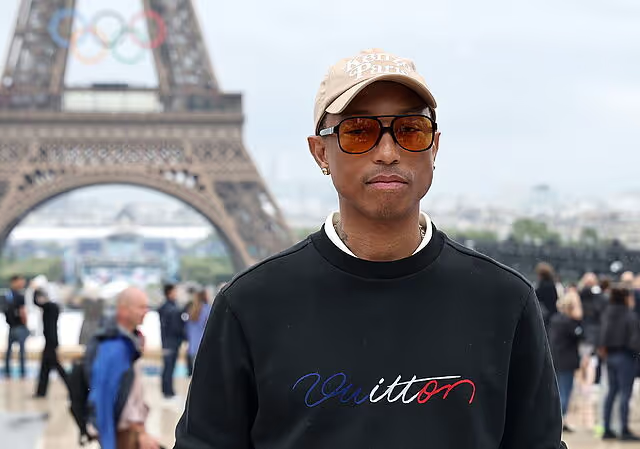
Pharrell's Background in Music and Art
Pharrell's journey in the music industry has been nothing short of remarkable. He has produced chart-topping hits, collaborated with influential artists, and used his platform to promote inclusivity and self-expression. Furthermore, his passion for fashion and visual arts has resulted in groundbreaking collaborations and provocative designs, showcasing his multifaceted artistic talent.When it comes to art, Pharrell is a true innovator, constantly seeking new ways to challenge conventional norms and push the boundaries of creativity. His eclectic taste and willingness to experiment have earned him a reputation as a leader in the art world, inspiring others to think outside the box and embrace their artistic vision without constraints.
Pharrell's Involvement in Sports
In addition to his considerable contributions to the arts, Pharrell has always been an avid supporter of sports. He recognises the transformative power of athletics, not only in individuals but also in communities. His involvement in various sports initiatives has highlighted the interconnectedness of sports and culture, emphasising that art and athleticism are not mutually exclusive.Pharrell's love for sports extends beyond just being a spectator. He actively engages in sports activities, promoting the importance of physical well-being and teamwork. Whether it's playing basketball with friends or participating in charity sports events, Pharrell understands the positive impact that sports can have on individuals' lives, fostering discipline, camaraderie, and a sense of achievement.
The Proposal for the Revival of Arts Competitions
Pharrell's vision goes beyond his personal passion for the arts and sports. He envisions a future Olympics that embraces the diverse forms of artistic expression that exist worldwide. His proposal centers around reintroducing arts competitions as an integral part of the Games, reigniting the cultural significance that has been lost over time.Expanding on Pharrell's proposal, the inclusion of arts competitions in the Olympics could open up a whole new world of possibilities for athletes and artists alike. Imagine synchronised swimmers incorporating elements of dance and visual arts into their routines, or gymnasts choreographing performances that blend athleticism with theatrical flair. The fusion of sports and arts could create a mesmerisng spectacle that captivates audiences and inspires a new generation of creatives.
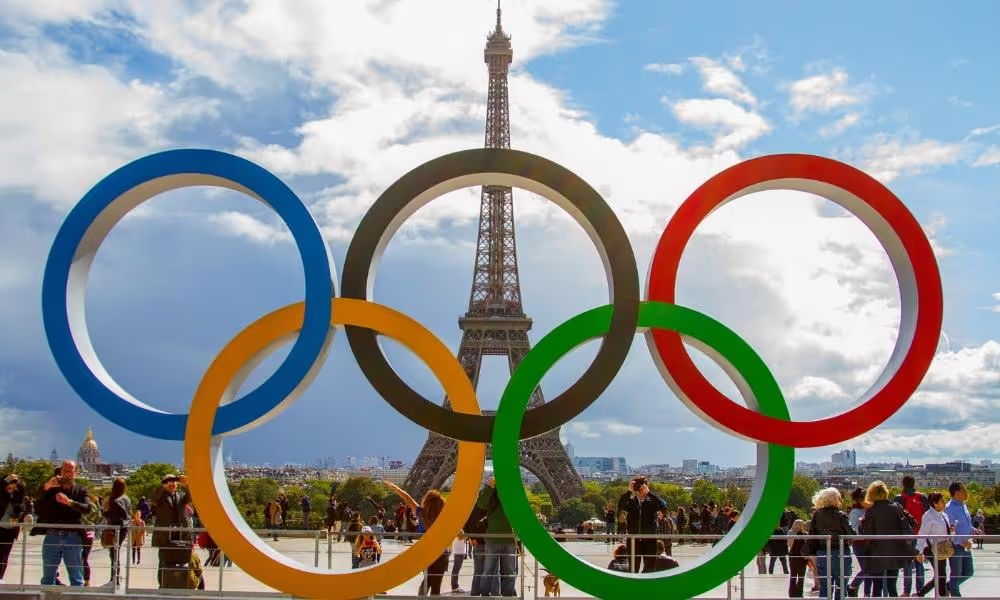
The Vision Behind the Proposal
Pharrell's vision is to create a platform for artists from all backgrounds to showcase their talents on a global stage. By embracing arts competitions, the Olympics can play a vital role in fostering cultural dialogue and representation. This inclusive approach aims to celebrate the rich diversity of artistic expressions found across the globe.Furthermore, by incorporating arts competitions into the Olympics, the Games can serve as a catalyst for cross-cultural exchange and collaboration. Artists from different countries can come together to not only compete but also learn from each other, sharing techniques, styles, and traditions. This cultural exchange has the potential to break down barriers and promote understanding and appreciation of diverse art forms.
Potential Challenges and Solutions
Reviving arts competitions in the Olympics does not come without its challenges. One of the main concerns is ensuring fair and unbiased judging, as artistic disciplines are inherently subjective. However, with the implementation of standardised criteria and a diverse panel of experts, these challenges can be addressed, ensuring the integrity and credibility of the competitions.Another challenge that may arise is the logistics of incorporating arts competitions into an event as massive as the Olympics. Securing venues for various art forms and coordinating schedules with sporting events will require careful planning. With proper organisation and support, integrating arts competitions can enrich the Olympic experience for athletes, artists, and spectators.
The Impact of Arts Competitions on the Olympics
The reintroduction of arts competitions in the Olympics would have far-reaching effects, both within the Games and beyond. It would not only enhance cultural representation but also have a profound influence on global art scenes and communities worldwide.Imagine the opening ceremony of the Olympics not only showcasing the athletic prowess of nations but also their artistic and creative talents. From traditional dances to contemporary art installations, incorporating arts competitions would truly transform the Games into a celebration of human expression in all its forms.
Enhancing Cultural Representation in the Olympics
By incorporating arts competitions, the Olympics would create a more comprehensive representation of different cultures and traditions. It would serve as a platform for underrepresented artists to display their talents, fostering inclusivity, and promoting cross-cultural understanding.The inclusion of arts in the Olympics could also lead to collaborations between artists from diverse backgrounds, resulting in groundbreaking works that merge cultural influences and artistic styles. This fusion of creativity would not only enrich the Olympic experience but also leave a lasting impact on the global art community.
The Potential Influence on Global Art Scenes
Arts competitions in the Olympics have the potential to enrich global art scenes by providing exposure and recognition to talented artists from around the world. This newfound attention could inspire innovation and collaboration, sparking a renaissance in various artistic disciplines.
Winning an Olympic arts competition could elevate artists to international fame, opening global opportunities and collaborations. This exposure could increase appreciation for diverse art forms and highlight art's power to unite people from different backgrounds.
The Road Ahead for the Proposal
While Pharrell's proposal for the revival of arts competitions is ambitious, steps can be taken to make it a reality. The road ahead involves collaboration and support from various stakeholders, including the Olympic Committee, athletes, artists, and the general public.
Steps Towards Implementation
To bring back arts competitions to the Olympics, a strategic plan must be developed. This plan should include the establishment of clear guidelines for each artistic discipline, the formation of an expert panel for fair judging, and the allocation of resources to support the inclusion of arts within the Games.First and foremost, the guidelines for each artistic discipline need to be carefully crafted to ensure a fair and inclusive competition. This would involve defining the criteria for judging, such as technical skill, creativity, and cultural relevance. Additionally, guidelines should address the specific requirements for each discipline, whether it be painting, sculpture, dance, or any other form of artistic expression.Furthermore, the formation of an expert panel is crucial in guaranteeing the integrity of the arts competitions. This panel should consist of individuals with extensive knowledge and experience in various artistic fields. Their expertise will guarantee an unbiased judging process and uphold the highest standards of artistic excellence.Lastly, the allocation of resources is essential to support the inclusion of arts within the Games. This includes providing adequate funding for training programs, equipment, and facilities for artists to showcase their talents. By investing in the arts, the Olympic Committee can create a platform that nurtures and promotes artistic expression on a global scale.
Anticipated Reactions from the Olympic Committee and the Public
Pharrell's proposal is likely to garner both support and skepticism. While some may see the reintroduction of arts competitions as a necessary celebration of cultural diversity, others may question the feasibility and potential impact on the traditional focus of the Games. Public discourse and open dialogue will be essential in addressing concerns and aligning the proposal with the overarching goals of the Olympic movement.Similarly, the general public will play a vital role in shaping the future of arts competitions in the Olympics. Their support and engagement can provide the necessary momentum to drive this proposal forward. By embracing the inclusion of arts, the public can contribute to the creation of a more diverse and culturally rich Olympic Games, where athletes and artists alike can inspire and captivate audiences from around the world.In conclusion, Pharrell Williams' passionate pursuit to bring back arts competitions to the Olympics carries immense historical significance and transformative potential. By embracing artistic diversity alongside athletic excellence, the Games can become a true global celebration of human creativity and athleticism. Reviving arts competitions in the Olympics can drive meaningful change. With a clear vision and strategic planning, this initiative can empower artists worldwide. Support from all stakeholders is crucial for success. Integrating arts will enrich the Olympic experience for future generations. This approach aligns with Olympic values of excellence, friendship, and respect, celebrating creativity alongside athletic achievement.

.avif)
